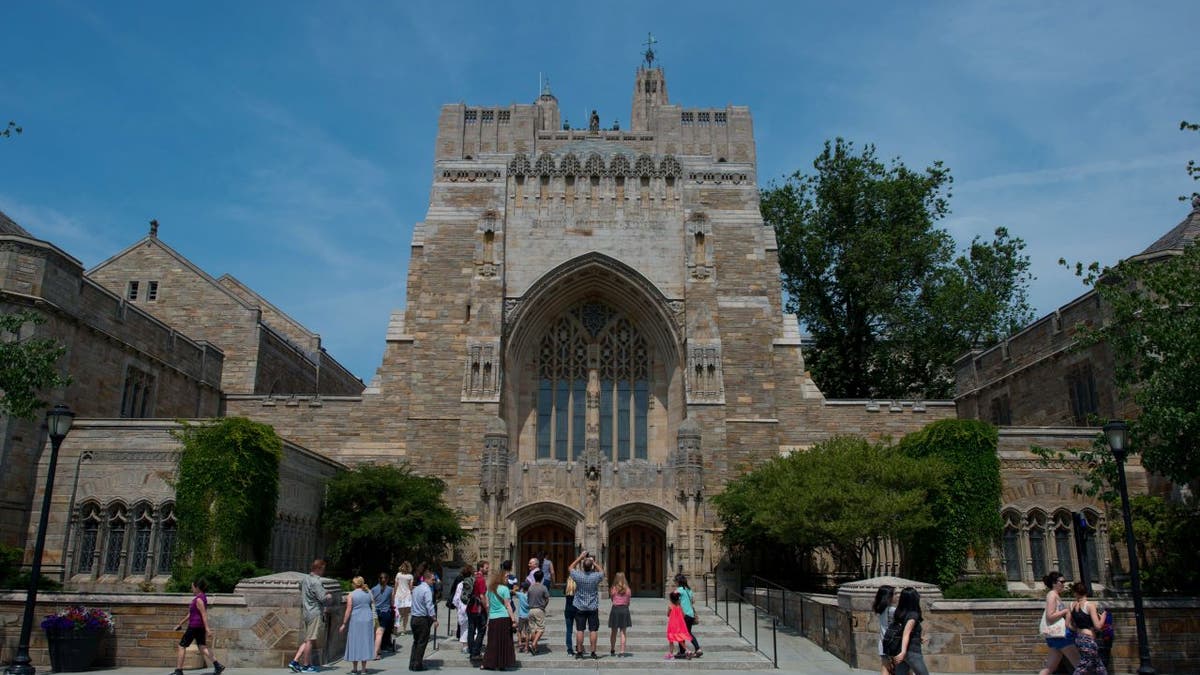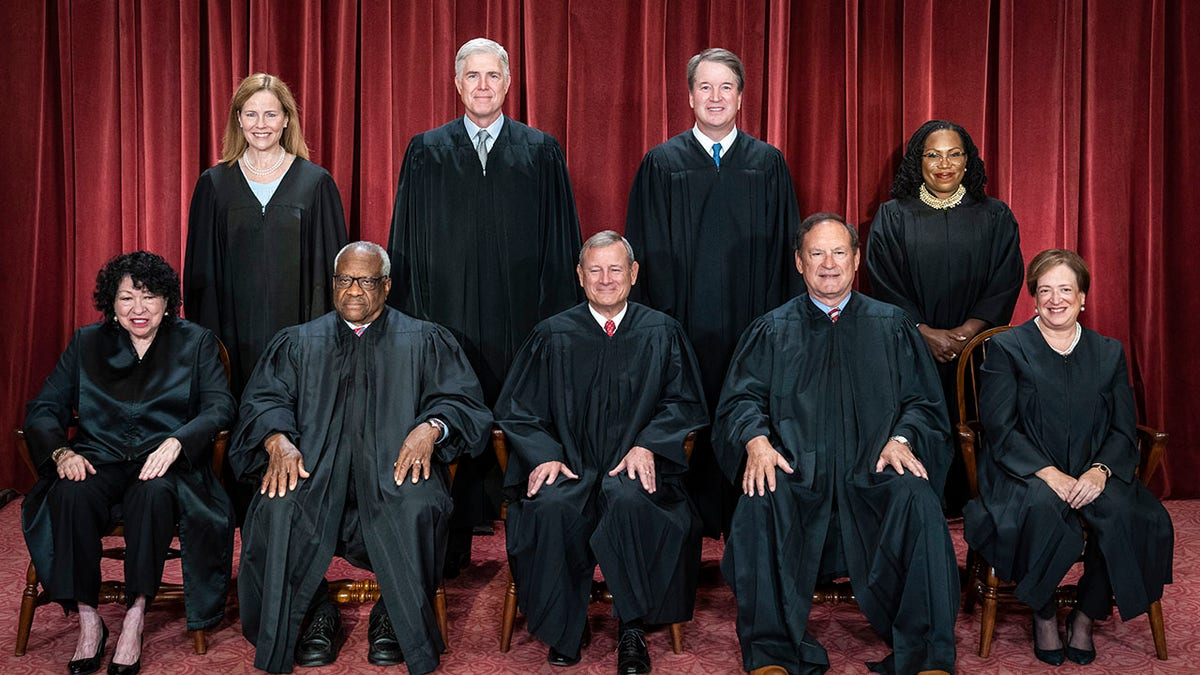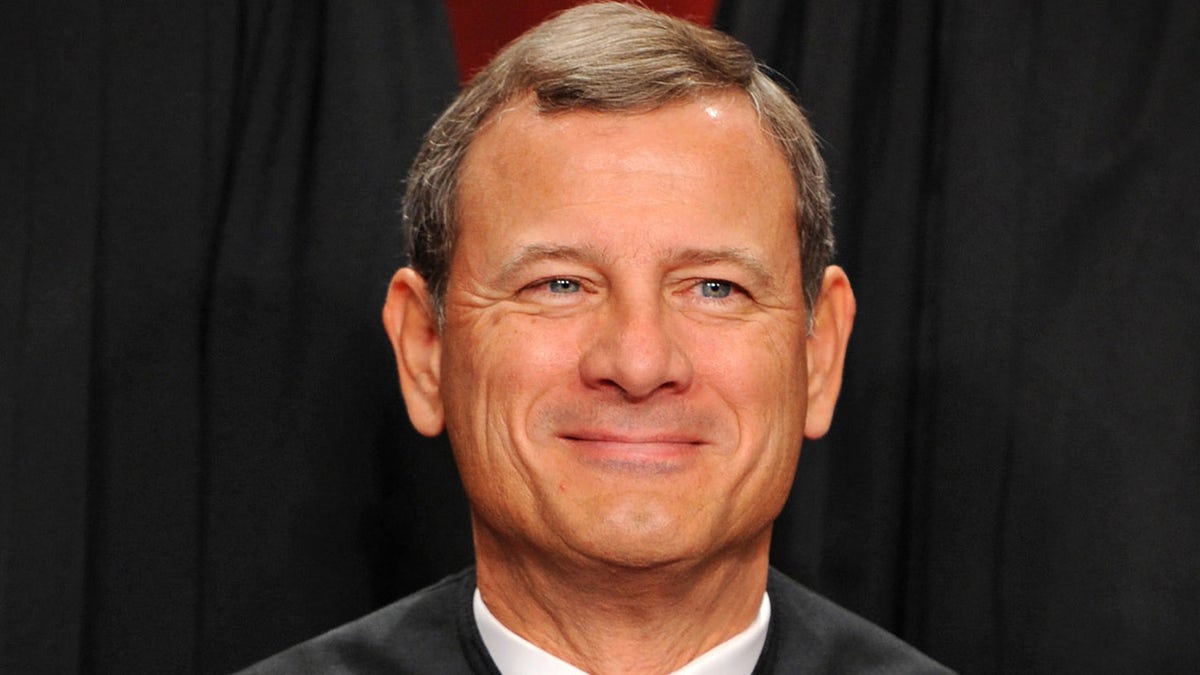Vivek Ramaswamy blasts alma maters Yale and Harvard for decision to stop participating in U.S. News & World Report rankings
The former Yale and Harvard graduate says "the curious timing of these decisions" makes it appear as though they were driven by preparation for the Supreme Court likely striking down affirmative action.
U.S. News & World Report, a giant in the school ranking industry, announced on Jan. 2 that it would change its ranking system in an attempt to appease schools like Harvard and Yale after complaints that the magazine was undermining "diversity."
The magazine also issued a public statement Tuesday on its website that further explained the reasoning behind why it changed its ranking methodology, in what it called a "series of modifications."
"While U.S. News generally incorporates incremental changes in each rankings cycle in consultation with legal professionals and academics, the recent discussions with the larger group of law schools provided the opportunity for additional focus," U.S. News & World Report wrote.
The announcement followed closely on the heels of a heated debate on race-based college admissions in the Supreme Court, which is expected to rule on affirmative action in late June or early July this year.

A tour group makes a stop at the Sterling Memorial Library on the Yale University campus in New Haven, Connecticut, U.S., on Friday, June 12, 2015. (Photographer: Craig Warga/Bloomberg via Getty Images)
Harvard, Yale, and a number of other top law schools withdrew from the U.S. News & World Report's influential ranking system over the past year, claiming that it stifles diversity, aggravates wealth inequality and threatens public service careers.
Yale Law School Dean Heather K. Gerken reinforced the school's decision to pull out of the rankings in a statement to Fox News Digital.
"Having a window into the operations and decision-making process at U.S. News in recent weeks has only cemented our decision to stop participating in the rankings," Gerken said.
Strive Asset Founder Vivek Ramaswamy, a graduate of both Yale and Harvard, said in a Fox News Digital interview in November that the remarkably uniform criticism of the rankings report was motivated by self-interest.
"I have a strong suspicion that the factors behind it, and especially the curious timing of these decisions, is driven by preparation for the Supreme Court striking down affirmative action, as I believe the Supreme Court should do, and is likely to do as well," Ramaswamy said.
Some experts have concluded that the Supreme Court will soon ban affirmative action in college admissions after an activist group, Students for Fair Admission, sued Harvard and the University of North Carolina for racial discrimination, especially against Asian Americans.

Members of the Supreme Court sit for a group photo following the recent addition of Associate Justice Ketanji Brown Jackson, at the Supreme Court building on Capitol Hill on Friday, Oct 07, 2022, in Washington, D.C. (Jabin Botsford/The Washington Post via Getty Images)
UNC-CHAPEL HILL DELETES FELLOWSHIP CRITERIA EXCLUDING WHITE PEOPLE AFTER CIVIL RIGHTS COMPLAINT
During the hearings, Justice Samuel Alito asked the attorney for Harvard, Seth Waxman, to explain why Asian American students often receive lower "personal scores" on their applications than other groups.
"I still haven't heard any explanation for the disparity between the personal scores that are given to Asians," Alito said, pressing Waxman.
Waxman told the justices that race was a critical factor for "some highly qualified applicants," giving the example of an "oboe player in a year in which the Harvard-Radcliffe Orchestra needs an oboe player."

Chief Justice John Roberts smiles for the cameras as the nine members of the Supreme Court pose for a new group photograph to reflect their newest member, Elena Kagan, October, 08, 2010, in Washington, D.C. (Photo by Bill O'Leary/The Washington Post via Getty Images) ( (Photo by Bill O'Leary/The Washington Post via Getty Images))
"We did not fight a civil war about oboe players," Chief Justice John Roberts said.
"We did fight a civil war to eliminate racial discrimination," he added.
Harvard and U.S. News & World Report did not immediately respond to a request for comment from Fox News Digital.
Fox News’ Cortney O’Brien and Tyler Olson contributed to this report.

